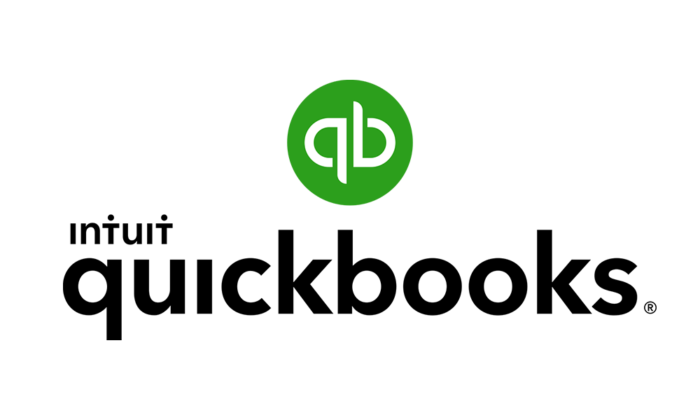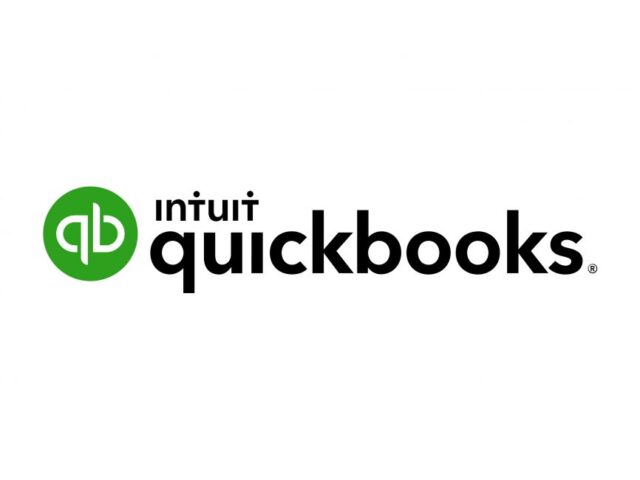QuickBooks Introduction
In today’s fast-paced digital world, businesses – whether they are startups, small enterprises, or established firms – need robust financial tools to manage their accounting, invoicing, and tax compliance effectively. Among the various accounting software available, Intuit’s QuickBooks is one of the most widely used and trusted platforms worldwide.

What is QuickBooks?
QuickBooks is a cloud-based and desktop-based accounting software developed by Intuit. Launched in the early 1980s, it has become the market leader in financial management tools. QuickBooks primarily provides services to small and medium-sized businesses, freelancers, and even accountants and bookkeepers.
QuickBooks automates key accounting tasks like:
- Expense tracking
- Invoicing
- Payroll
- Bank reconciliation
- Financial reporting
- Inventory management
- Tax calculations
With both QuickBooks Online and QuickBooks Desktop, the software ensures flexibility depending on the user’s business needs and preferences.
QuickBooks Product Lineup
QuickBooks Platform
This is a cloud-based platform, ideal for small to medium-sized businesses. It offers features such as income and expense management, inventory tracking, invoice creation, and report generation. It also integrates with various apps and services.
- Simple Start – Best for sole proprietors or freelancers.
- Essentials – Includes bill management and time tracking.
- Plus – Adds inventory tracking and project profitability.
- Advanced – Suitable for mid-sized businesses, includes analytics and custom workflows.
QuickBooks Desktop
Installed on a local computer. Offers powerful features but limited remote access unless combined with hosting.
- Pro – Ideal for small businesses.
- Premier – Offers industry-specific features.
- Enterprise – Advanced tools for growing businesses with complex needs.
QuickBooks Self-Employed
Designed specifically for freelancers and gig workers. Includes features like mileage tracking, separate business and personal expenses, and Schedule C tax reporting.
QuickBooks Payroll
An add-on to automate employee payments, tax filings, and compliance.
Read Also: Best 6 CRM Software Reviews in 2025.
QuickBooks Commerce
For inventory and order management, especially helpful for eCommerce businesses.
Key Features of QuickBooks
1. User-Friendly Interface
QuickBooks is known for its clean, intuitive dashboard. Even non-accountants can easily learn how to use it.
2. Invoicing
- Create and customize professional invoices.
- Automate recurring invoices.
- Accept online payments via PayPal, credit card, or ACH.
3. Expense Tracking
- Link your bank accounts for real-time expense tracking.
- Categorize expenses for easier tax filing.
- Attach receipts to transactions for documentation.
4. Payroll Integration
- Run payroll automatically.
- Calculate and file payroll taxes.
- Offer benefits like health insurance and 401(k).
5. Financial Reporting
- Generate detailed reports: Profit & Loss, Balance Sheet, Cash Flow.
- Customize reports for business insights.
- Export reports to Excel or PDF.
6. Inventory Management
- Track inventory levels in real-time.
- Get low-stock alerts.
- Calculate inventory costs and profits.
7. Mobile Access
- QuickBooks Online and mobile apps allow you to manage finances on the go.
8. Multi-User Collaboration
- Invite accountants or teammates with controlled access levels.
- Real-time updates prevent duplication and errors.
Who Uses QuickBooks?
- Freelancers: Use QuickBooks Self-Employed for managing personal and business finances.
- Small Business Owners: Rely on QuickBooks Online or Desktop to handle daily accounting tasks.
- Accountants and Bookkeepers: Use QuickBooks Accountant or ProAdvisor tools for client management.
- E-Commerce Retailers: Integrate QuickBooks with platforms like Shopify or Amazon to manage sales and inventory.
- Service Providers: Track time and bill clients effectively.
Benefits of Using QuickBooks
1. Time-Saving Automation
From sending invoices to reconciling bank accounts, QuickBooks automates repetitive tasks.
2. Real-Time Data Access
Instant insights help you make faster, more informed decisions.
3. Better Financial Visibility
Dashboards and reports offer a clear picture of where your business stands.
4. Improved Tax Compliance
QuickBooks keeps track of deductible expenses, calculates GST/VAT, and integrates with tax tools.
5. Scalable Solutions
As your business grows, QuickBooks’ plans and add-ons grow with you.
QuickBooks vs Competitors
| Feature | QuickBooks | Xero | Zoho Books | FreshBooks |
|---|---|---|---|---|
| Ease of Use | *** | ** | *** | *** |
| Invoicing | *** | *** | *** | *** |
| Payroll | *** | ❌ (Add-on) | ❌ (Limited) | *** |
| Reporting | **** | ** | *** | *** |
| Inventory | *** | * | ** | ❌ |
| Mobile App | *** | ** | ** | *** |
| Best For | All business sizes | Growing businesses | Budget-conscious users | Freelancers |
Pricing Overview (India & Global)
QuickBooks Online India (Now Discontinued)
As of 2023, Intuit has discontinued QuickBooks India. However, global users can still access plans via:
- Simple Start – $30/month
- Essentials – $60/month
- Plus – $90/month
- Advanced – $200/month
Use Case Examples
Retail Store
A local fashion boutique uses QuickBooks to manage inventory, record sales, and prepare GST returns.
Freelancer
A content writer uses QBooks Self-Employed to separate business and personal expenses, generate invoices, and file taxes. Accounting Firm
An agency uses QuickBooks Accountant to handle multiple client accounts with seamless collaboration.
IT Startup
A tech startup with 15 employees uses QuickBooks Online Advanced to track payroll, billable hours, and generate financial projections.
Read Also: What is Microsoft Dynamics 365 Business Central? HubSpot CRM Software Review: in 2025.
Pros and Cons of QuickBooks
Pros
- Easy to learn, intuitive interface.
- Extensive features for accounting and compliance.
- Excellent mobile apps and integrations.
- Scalable for growing businesses.
- Real-time data and cloud backup.
Cons
- Monthly pricing can be expensive with add-ons.
- Not fully optimized for Indian GST after shutdown.
- Bank sync or mobile app updates can sometimes introduce bugs.
- Desktop version requires a separate setup and lacks real-time collaboration.
Tips for Maximizing QuickBooks
- Take Tutorials – Use the QuickBooks Learning Center or YouTube for a walkthrough.
- Hire a Certified ProAdvisor – Experts can better set up your system.
- Use Apps and Integrations – Connect with PayPal, Shopify, TSheets, and more.
- Automate Recurring Invoices & Payments – Save time monthly.
- Set Financial Goals & Use Reports – Make data-driven decisions.
Final Verdict: Is QuickBooks Worth It?
QuickBooks remains one of the most reliable and feature-rich accounting software options for small and medium businesses. While the price may seem a bit high, the return on investment in terms of time savings, accuracy, and scalability is well worth it. Whether you’re a freelancer looking for simple invoicing or a business that needs advanced payroll and reporting, there’s a version of QuickBooks that’s perfect for you.
Conclusion
QuickBooks is one of the most reliable and feature-rich accounting software options for small and medium businesses. While it may cost a little more, its return on investment is well worth it in terms of time savings, accuracy, and scalability.








